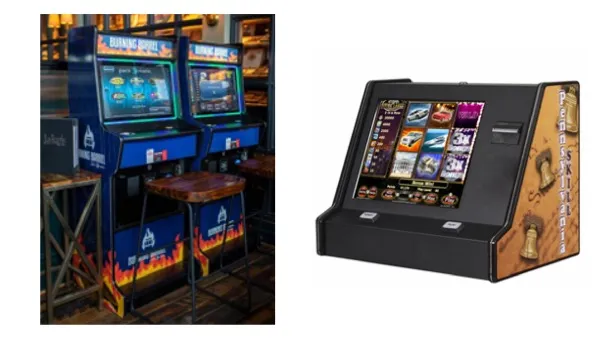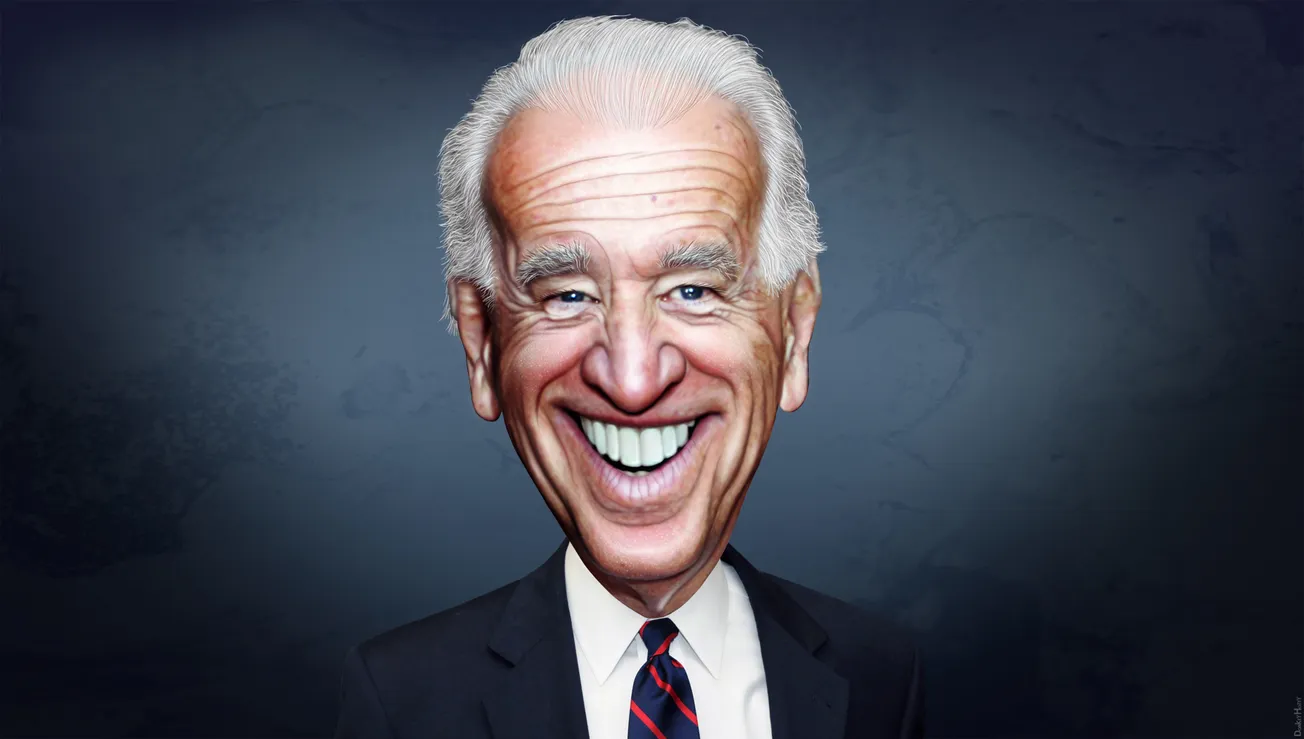So, you’ve been hearing about “gray machines” and that the GOP in Frankfort is all in a tizzy about them – but you’re not sure what all the fuss is about? Read on for some answers.
What are “gray machines”?
They’re called “gray machines” by their opponents, and “skill games” by their supporters. Essentially, they are electronic gambling machines, where you can play games such as poker that supposedly require some sort of skill. And unlike, say, pinball machines, you can win actual money by playing these machines.
These machines are often found in bars, but have now started proliferating in restaurants and service stations. Any business that hosts one or more of these machines gets a cut of the money taken in.
What are the three policy positions about gray machines?
Essentially, legislators and lobbyists take one of three positions on what the state’s policy should be toward these machines.
- Ban the machines completely. This is one of those “strange bedfellows” situations, where the forces wanting the machines banned completely are a combination of persons opposed to all forms of gambling AND the state’s horse tracks. Why the horse tracks? Because they have their own form of gambling machines: so-called “historical horse racing” machines, which are basically slot machines. The race tracks got those made legal in the past, but only at the race tracks. So, they don’t want the gray machines cutting into their market.
- Allow the machines, unregulated. Another interesting combination of forces, with the manufacturers of the machines (naturally) joined by the small businesses that host the machines now. For some of the small businesses, the gray machines are a significant source of revenue, and they don’t want the race tracks and the anti-gambling forces to take away that revenue.
- Allow the machines, but regulate and tax them. This third position has gained some strength over the past year, and there is a bill in this year’s legislature that does this.
What happened last Friday?
The gray machine bill that looked like it was going to get passed is HB 594, filed by Rep. Killian Timoney (R-Nicholasville) right before the deadline for new bills. The bill would ban the machines in most cases, and looked certain to pass after it made it out of committee. BUT, the vote in the committee was 13-7, with 6 Repubs voting No.
When the bill went to the floor, a floor amendment clarifying that the bill didn't apply to e-sports was approved. But then, there was a motion to table the bill, and that barely passed. The motion to table was made by Rep. Steven Doan, who is the sponsor of the competing bill, HB 525 (which has not been heard in committee).
Having a bill successfully tabled in chambers is pretty rare. At this point, it's possible the bill will once again die this session, just as it has in the past, even after tens of thousands of dollars have been spent on lobbying by both sides. Or, it may get taken off the table and sent back to committee.
The other thing to note is that the GOP in Frankfort is split on this issue. The anti-gambling folks are up against the small-business folks, with a smaller group in the let’s-tax-them group. Watch the news to see which group wins this time around, and remember the bill numbers: HB 594 is the “ban ‘em all” bill, and HB 525 is the “regulate and tax ‘em” bill.
--30--








